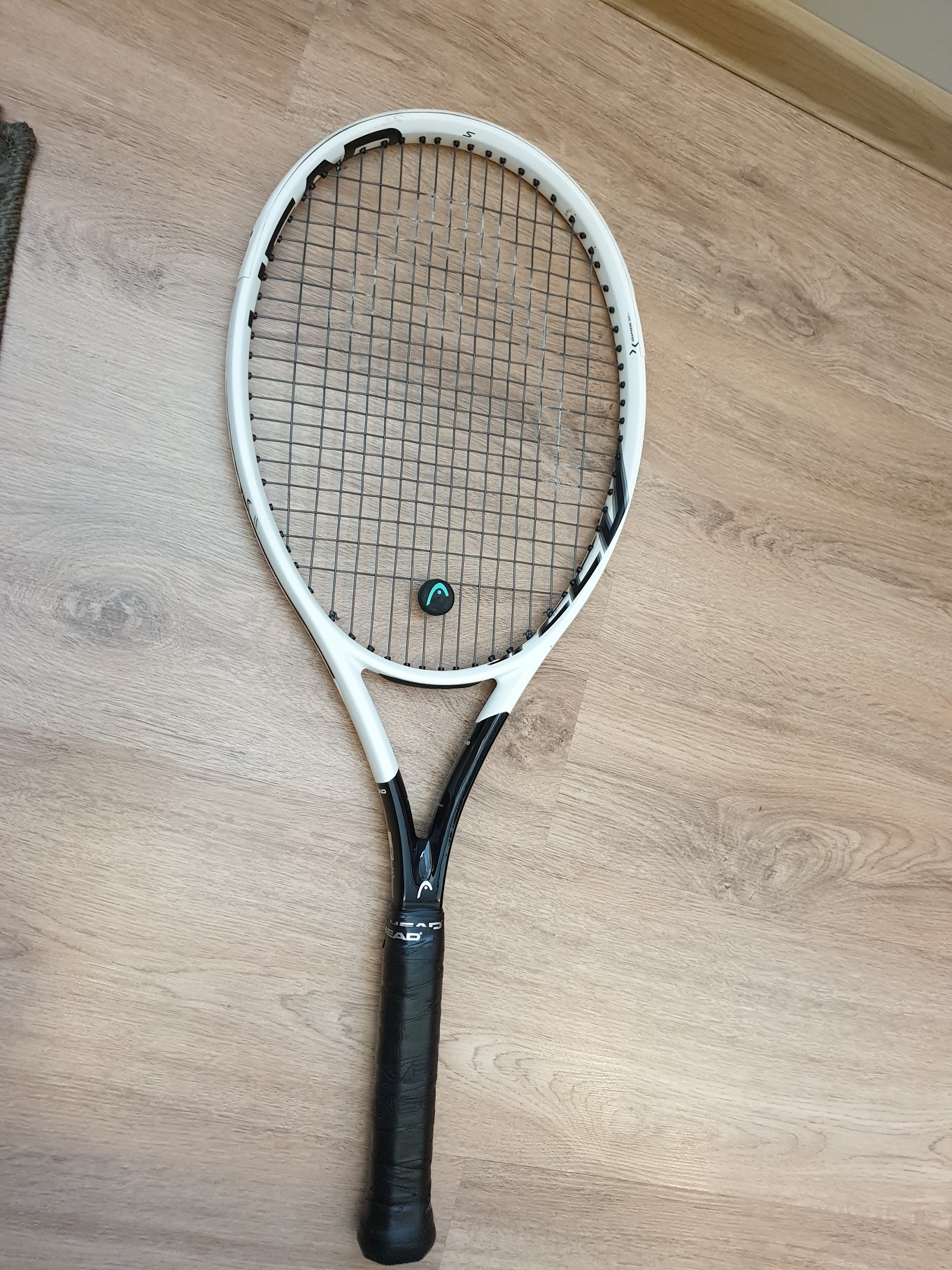In the realm of tennis, the debate over the greatest of all time (GOAT) is a topic that often ignites passionate discussions among fans. Recently, Novak Djokovic claimed his 23rd grand slam tennis tournament victory, fueling the ongoing conversation about his GOAT status. While many argue that Djokovic’s remarkable achievements place him at the pinnacle of the sport, others hesitate to disregard the equally impressive records of players like Roger Federer. However, determining the GOAT requires more than a simple tally of grand slams; it necessitates a deeper analysis that considers various factors such as competition, physical advantages, and mental toughness.
The Fallacy of Numbers
Imagine a hypothetical tennis player who stands at an astounding 10 feet tall, effortlessly delivering aces with every serve while never losing a service game. With 30 grand slam victories to their name, would this player automatically be considered the GOAT? The answer is an emphatic no. Clearly, relying solely on numbers fails to capture the essence of greatness in tennis.
Context Matters
To understand greatness, it is crucial to consider the broader context of the sport. Merely adding up grand slams overlooks important factors such as the quality of opposition and physical advantages. Djokovic’s recent eight grand slam wins since 2019 may be impressive, but it is essential to acknowledge that during this period, Federer was grappling with age and injuries, while the overall competition was relatively weak. While these achievements cannot be dismissed entirely, they may carry less weight in comparison.
The Role of Physical Advantages:
While Djokovic may not possess extraordinary height, his exceptional speed and flexibility have earned him the moniker “the rubber man.” This remarkable physical prowess allows him to extend points, wear down opponents, and excel as a returner and defender. However, it is important to note that such advantages, while contributing to his greatness, also reduce the overall magnitude of his accomplishments.
The Timing Dilemma
Some argue that the head-to-head records between players determine their greatness. However, comparing Djokovic’s record against Federer becomes complex when considering their respective peak periods. Federer’s prime years were from 2004 to 2009, while Djokovic reached his peak between 2011 and 2016. Their careers overlapped but comparing them directly fails to account for the potential variation in their individual match-ups.
The Mental Game
When determining the GOAT, mental toughness emerges as a pivotal factor. “The big three” – Federer, Djokovic, and Rafael Nadal – share the common ability to perform exceptionally well during crucial points and maintain their composure under pressure. In the quest for greatness, mental strength could be the deciding factor. However, discerning who excels in this regard remains uncertain.
The Search for the GOAT
If we seek to define the greatest tennis player of all time, it becomes necessary to consider multiple factors. This includes evaluating who, at their respective peaks, consistently triumphs over the other candidates on various surfaces. Mental toughness assumes a paramount role, as it separates the exceptional from the extraordinary. Ultimately, the search for the GOAT demands a comprehensive analysis that delves beyond statistics and embraces the intangible qualities that make a player truly remarkable.
As Novak Djokovic secures his 23rd grand slam title at Roland Garros, the debate surrounding the GOAT intensifies. While Djokovic’s accomplishments are undeniably impressive, the question of greatness in tennis extends beyond the raw numbers.
